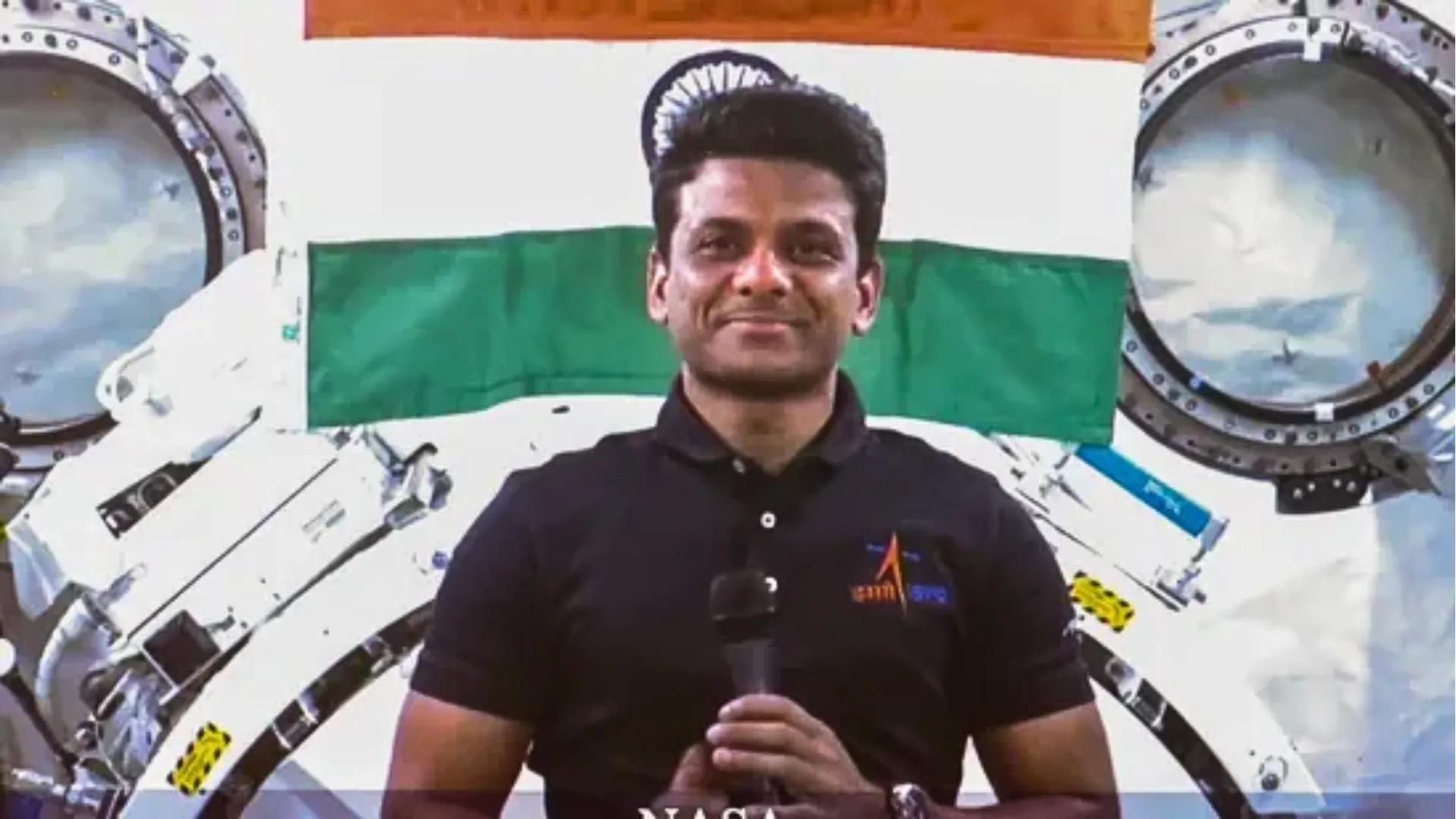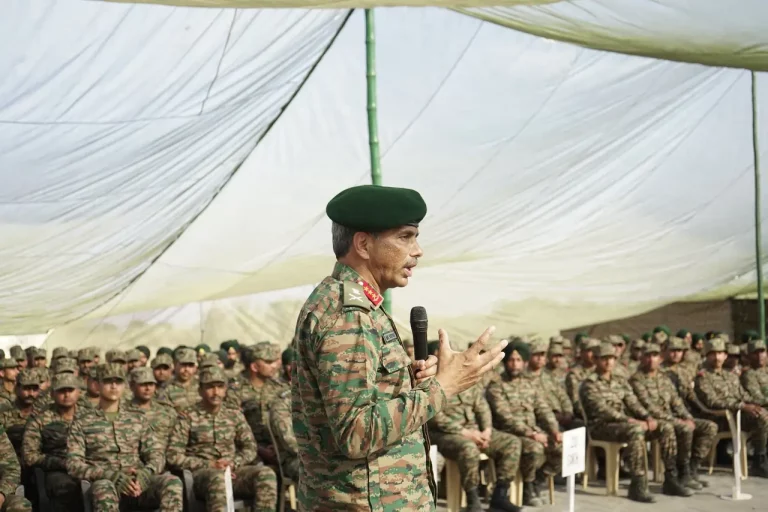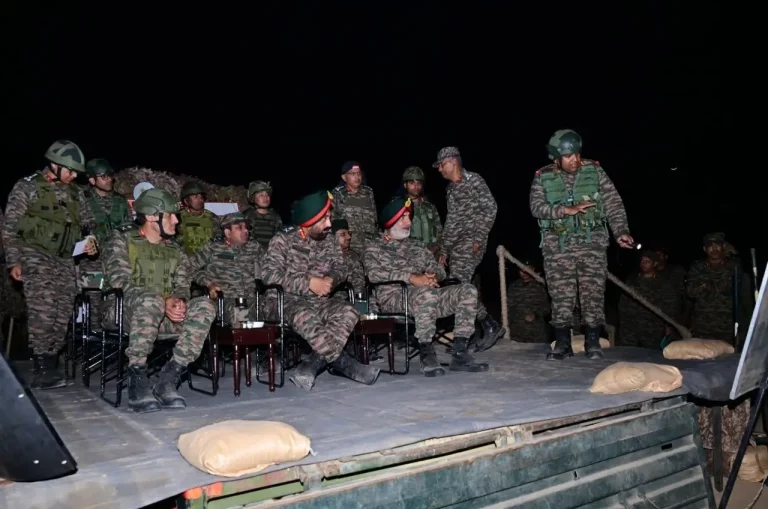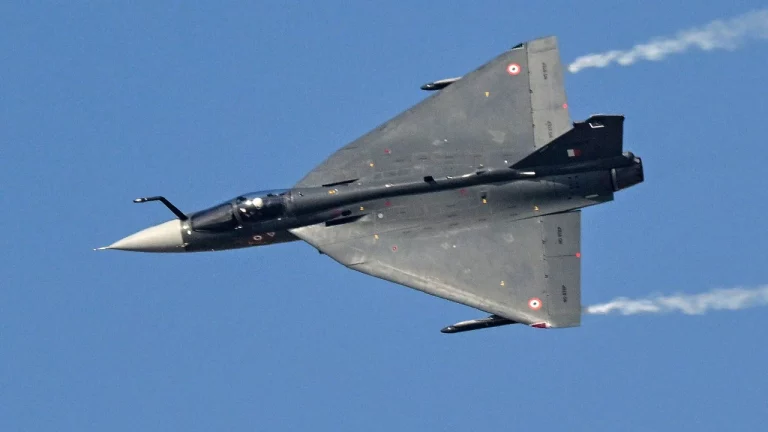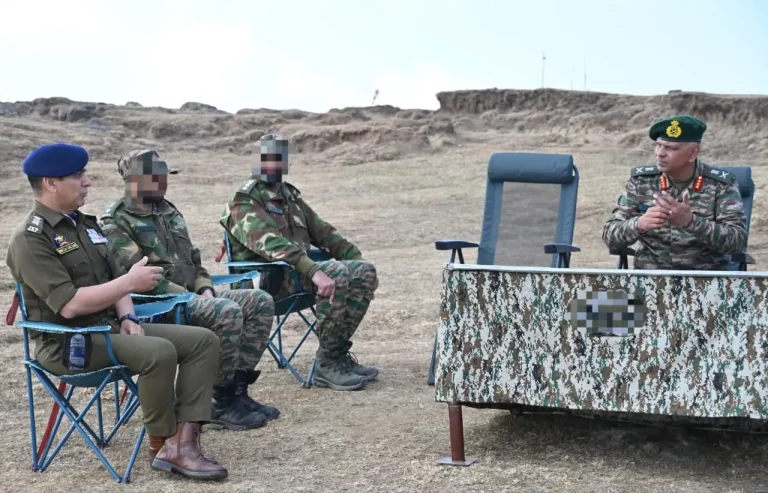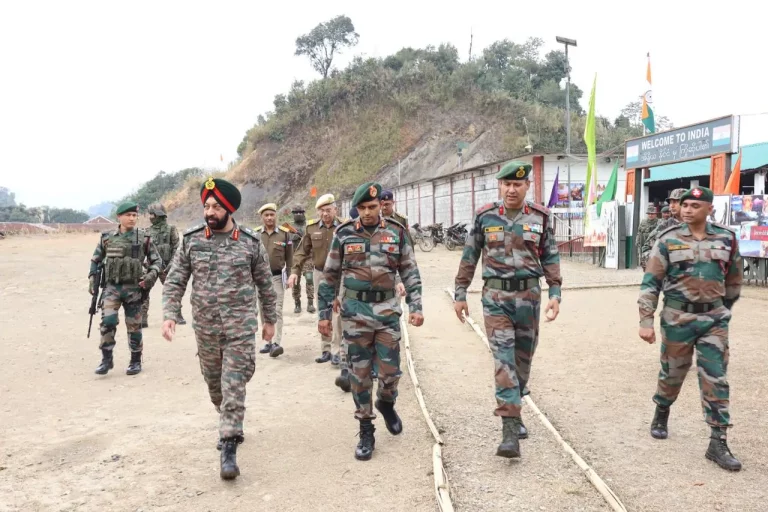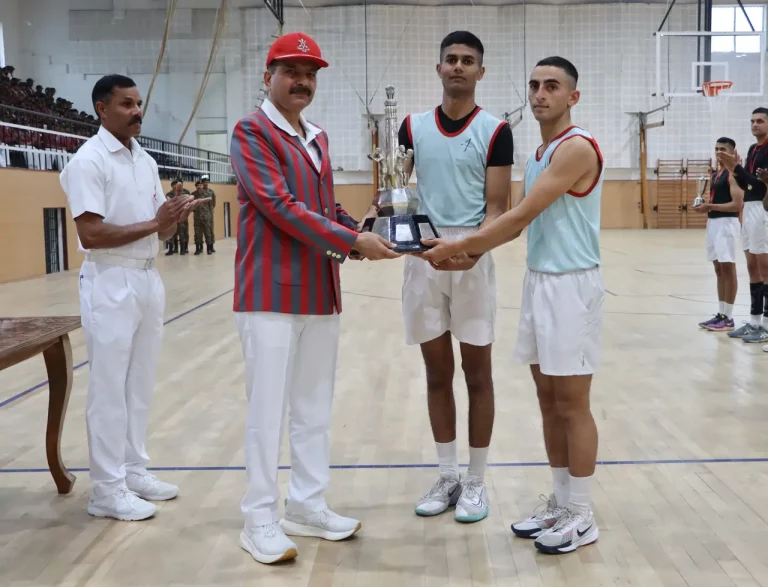Group Captain Shubhanshu Shukla, currently aboard the International Space Station (ISS) on a 14-day scientific expedition, is set to engage in a unique interactive session with Indian school students and ISRO engineers via ham radio this Friday. This event, organized by the Amateur Radio on International Space Station (ARISS), facilitates direct communication between astronauts and students across the globe.
The interaction will be facilitated through a telebridge established at the U R Rao Satellite Centre (URSC) in Bengaluru. According to ARISS, this contact is scheduled for Friday, July 4, at 10:17 UTC (3:47 PM IST), utilizing the K6DUE telebridge relay station. The announcement was shared on social media by ARISS, emphasizing the importance of this communication opportunity for Indian participants.
Ham radio, or amateur radio, is recognized for its reliability in emergency communication and educational outreach. Licensed operators use the platform to facilitate exchanges of scientific and cultural insights, especially in instances where traditional communication methods may falter.
Shukla, a member of the four-member Axiom-4 crew, has been actively participating in various scientific experiments aboard the ISS. On a recent Sunday, he conducted a space microalgae experiment, deploying sample bags and capturing images of different algae strains. This particular experiment seeks to investigate microalgae as a sustainable and nutrient-rich food source for possible long-duration space missions.
The Axiom-4 team is also involved in the Neuro Motion VR project, which investigates the effects of microgravity on cognitive and motor functions. For this research, astronauts perform virtual reality-based tasks while their brain activity is monitored using functional near-infrared spectroscopy (fNIRS). This study aims to provide valuable insights into how humans adapt during deep-space travel.
Additionally, Shukla and his crew are contributing to the Telemetric Health AI study, which combines biometric data and mission analytics to evaluate cardiovascular and balance systems under spaceflight conditions. The findings from this research may lead to the development of advanced, real-time health monitoring systems beneficial for both space missions and terrestrial applications.
The upcoming radio contact is anticipated to inspire students across India to consider careers in science, technology, engineering, and mathematics (STEM). It offers a rare chance for these young individuals to interact directly with an Indian astronaut currently orbiting the Earth, potentially igniting a passion for space exploration and related fields.
